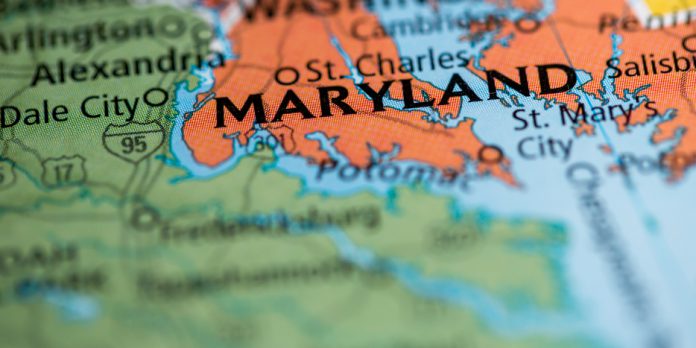With Maryland Governor Larry Hogan having signed House Bill 940 into law, legalizing sports betting in the state and kickstarting the regulatory process before a full launch last month, early predictions indicate that the market could be worth more than $217m.
The projection was made by MarylandSharp.com sports betting revenue analyst Geoff Fisk who believes that the new market will be interesting to watch as it unfolds and grows to maturity.
The state’s sports betting legislation paves the way for up to 60 sportsbook licenses to be granted, although it is unlikely that all of those will be taken up. But to date, that number is the highest of any legal US market, including established states such as New Jersey and Pennsylvania.
Fisk noted: “Maryland takes the competitive sports betting business plan into uncharted territory. We’ve seen online sports betting thrive in New Jersey, with more than 20 different mobile wagering brands. Maryland is allowing triple that number, and it’s amazing to contemplate how that market will unfold.”
Maryland will charge a 15% tax rate to online sports betting operators, so a $217m market has the potential to yield $32.55m in annual tax revenue. While mobile sports betting is predicted to drive most of the market’s success, combined with retail sports betting, the state could see up to $255m in yearly sportsbook revenue.
MarylandSharp.com said it reached the $217m projection through careful analysis of other legal markets and by comparing states with similar populations.
Fisk continued: “We’ll see many companies take their first shot at mobile sports betting in the Maryland market. Can the smaller sports betting startups compete with brands like FanDuel, DraftKings, and BetMGM? It will be intriguing to watch that competition play out, and see how Maryland emerges compared to other sports betting states.
“Maryland sports betting seems destined for success. The attractive tax rate and unprecedented opportunities for new sportsbook brands should lead to a win-win situation for the operators and the state.”

